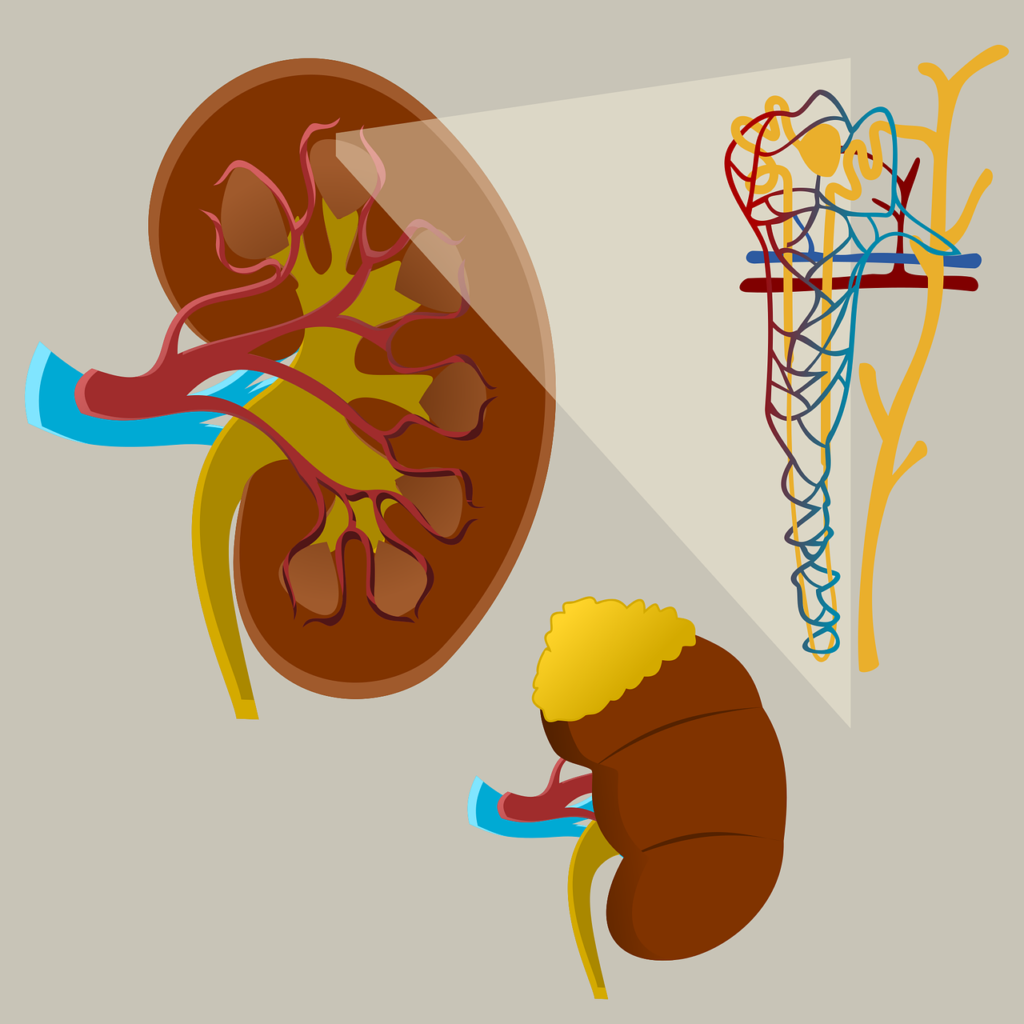Complete Guide to Nephrology: Everything You Should Know

Nephrology is a branch of medicine that focuses on the health of your kidneys and the diseases that affect them. Your kidneys are two vital organs that filter waste, balance fluids, control blood pressure, produce essential hormones, and keep your body in balance. Nephrology care plays a crucial role in preventing, diagnosing, and treating a wide range of kidney-related problems to ensure long-term kidney health.
What Conditions Do Nephrologists Treat?
A nephrologist is a specialist in nephrology and kidney care. They manage several conditions, including:
Chronic Kidney Disease (CKD): Progressive loss of kidney function over time.
Kidney Stones: Diagnosis, management, and prevention of stone formation.
Acute Kidney Injury (AKI): Sudden and severe kidney damage caused by illness or medications.
Glomerulonephritis: Inflammation of the kidney’s filtering units.
Diabetic and Hypertensive Nephropathy: Kidney damage caused by diabetes and high blood pressure.
Urinary Tract Obstructions & Infections: Conditions affecting urine flow and kidney drainage.
Polycystic Kidney Disease (PKD): A hereditary disorder affecting kidney structure.
Dialysis and Kidney Transplant Management: Integral parts of advanced nephrology care.
When Should You See a Nephrologist?
Early consultation is essential in nephrology. Visit a nephrologist if you notice:
Swelling in your legs, feet, face, or hands
Blood or foam in urine
Persistent high blood pressure
Family history of kidney problems
Fatigue, weakness, or unexplained appetite loss
Timely nephrology consultation helps prevent complications and maintain kidney function.
How Are Kidney Problems Diagnosed in Nephrology?
Nephrology specialists use advanced methods to assess kidney health, including:
Blood tests: Measuring creatinine, urea, and other kidney-related markers
Urine tests: Detecting protein, blood, or infections
Ultrasound and CT scans: Imaging studies to examine kidney structure
Kidney biopsy: Performed in selected cases for detailed evaluation
These tools help nephrologists design accurate and personalized treatment plans.
Treatment Options in Nephrology
Treatment varies based on the condition and stage of the disease. Common nephrology treatments include:
Lifestyle Changes: Adequate hydration, reduced salt intake, controlling diabetes and blood pressure
Medications: To manage symptoms and slow progression of kidney disease
Dialysis: A vital part of nephrology care for severe kidney failure
Kidney Transplant: Offered when long-term kidney replacement is needed
Modern nephrology emphasizes prevention and early intervention to minimize complications.
How to Maintain Kidney Health?
Drink water as advised by your nephrologist.
Control diabetes and hypertension—key in nephrology care.
Avoid unnecessary painkillers and over-the-counter medications.
Eat a healthy, low-salt diet.
Stay physically active.
Schedule regular nephrology checkups if you are at risk.
Trusted Nephrology Care Near You
At Sandeep Memorial Hospital, Madurai, Dr. R.M. Sathish Kumar and his team of experienced nephrologists provide comprehensive kidney care using advanced diagnostic tools and personalized treatment plans. Whether it’s routine checkups, chronic kidney disease management, or dialysis services, our focus is on delivering high-quality nephrology care in Madurai with compassion.
